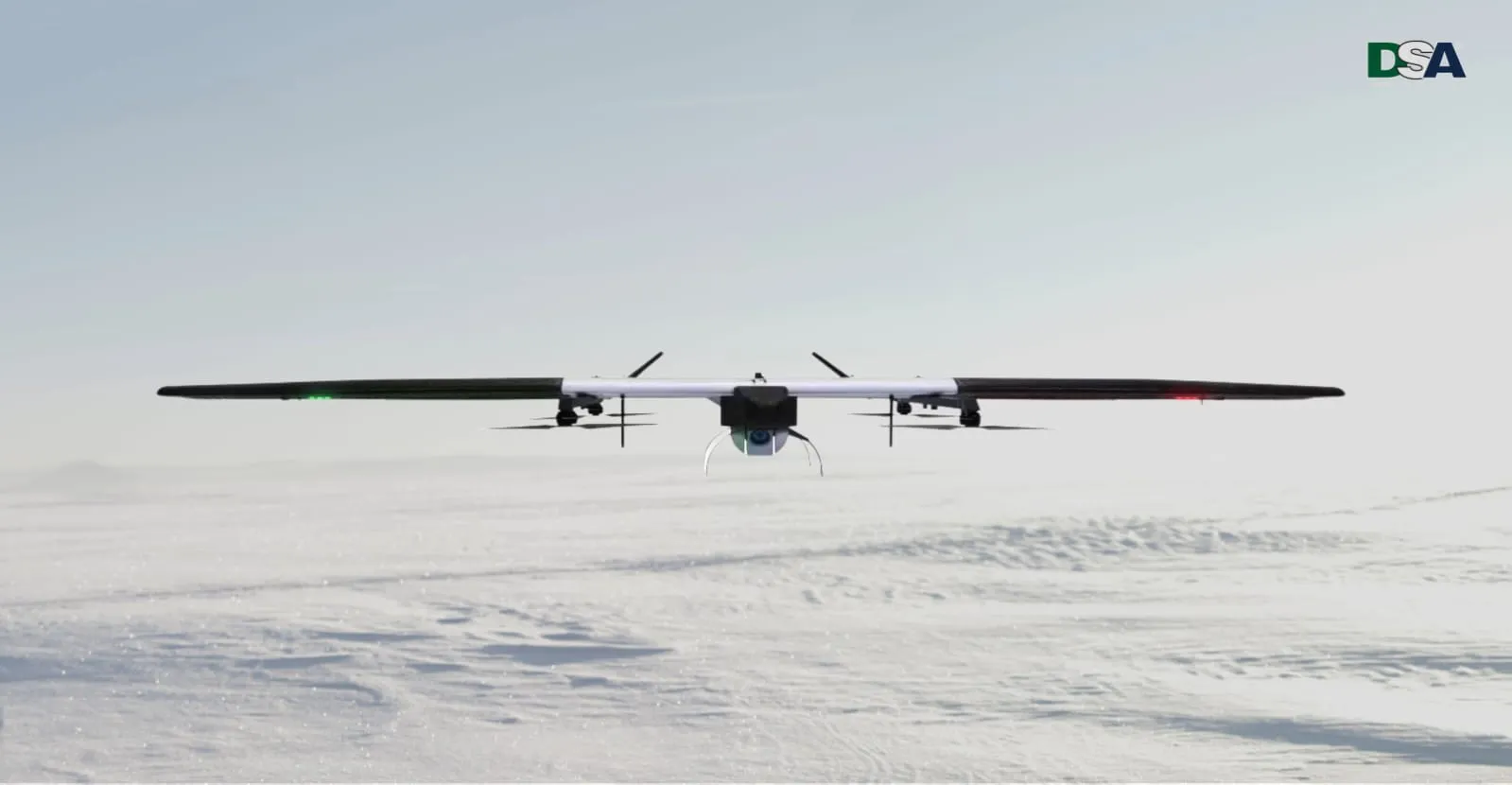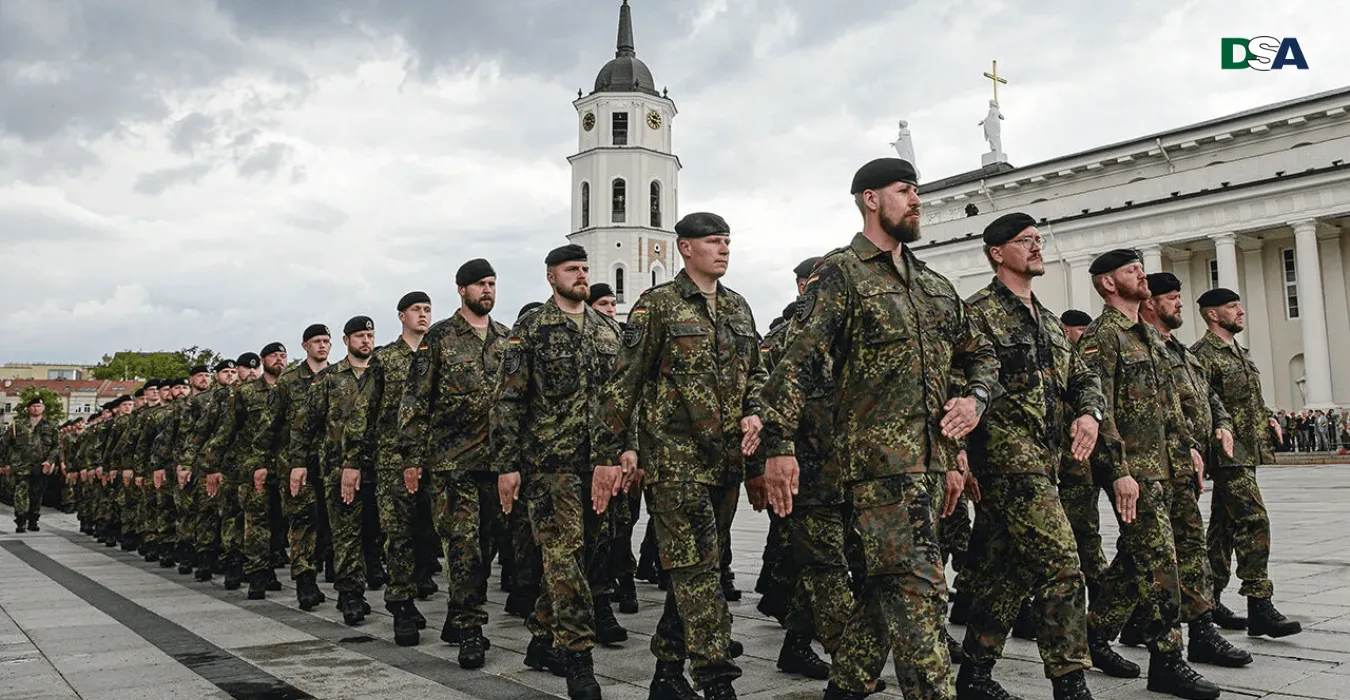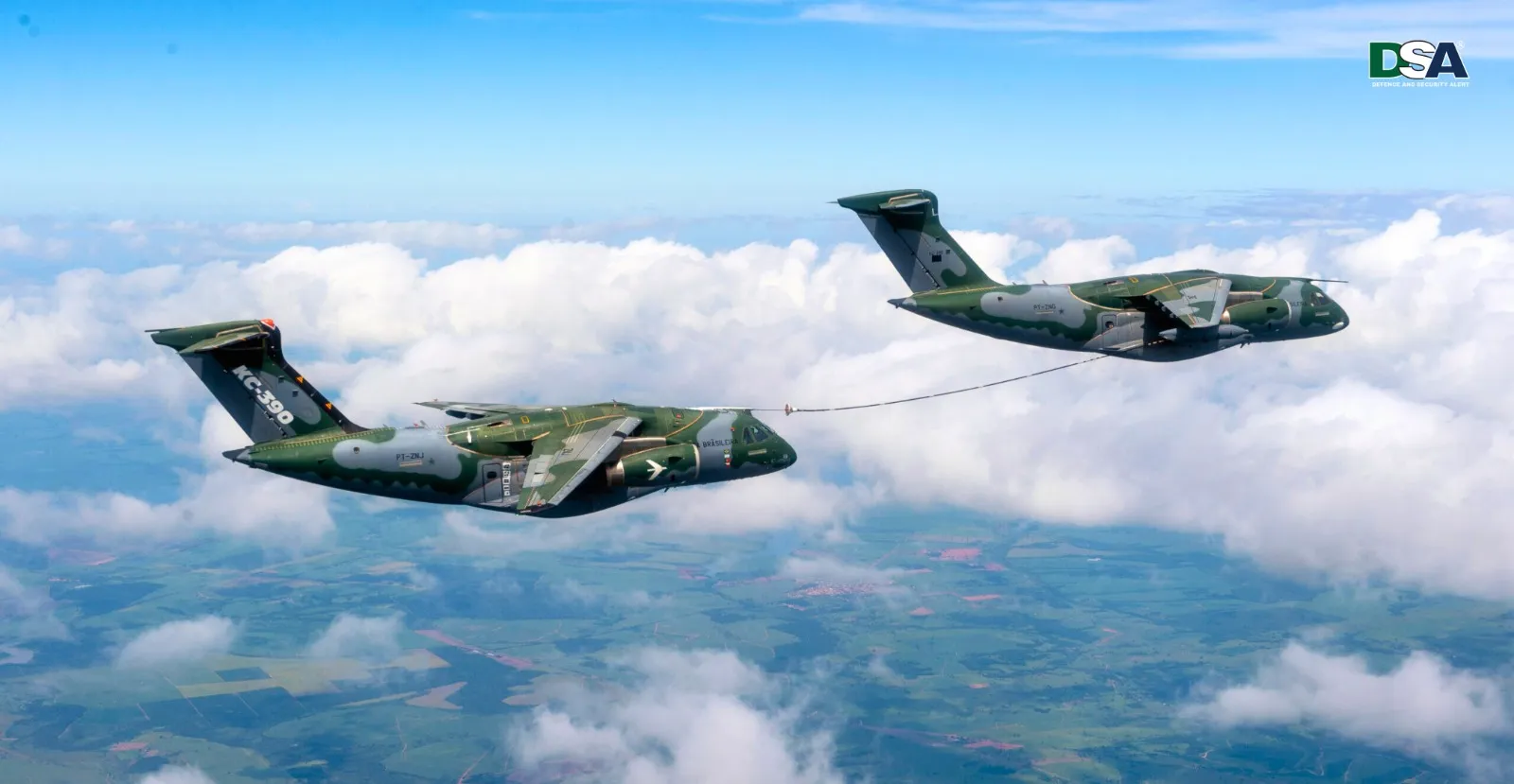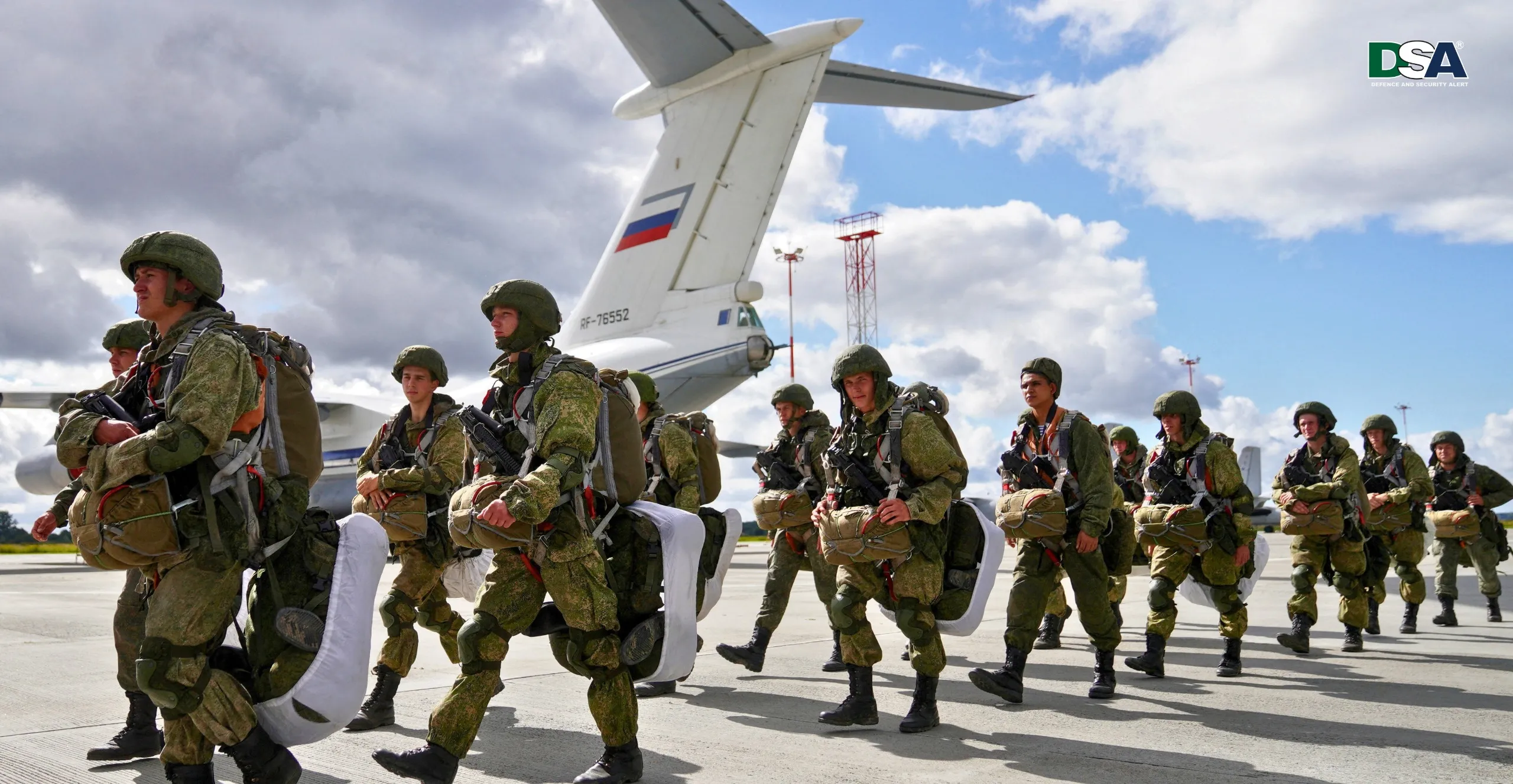DSA Correspondent
France Considers Deploying Nuclear-Armed Rafale Jets to Germany Amid Rising European Tensions
In a move that could significantly reshape Europe's defence landscape, France is reportedly considering the deployment of nuclear-armed Rafale fighter jets to Germany. The potential deployment comes amid rising geopolitical tensions in Europe and renewed calls for stronger NATO deterrence capabilities.
According to sources close to the French Ministry of Armed Forces, discussions are underway between Paris and Berlin regarding the strategic positioning of Dassault Rafale multirole fighters equipped with France's ASMP-A nuclear cruise missiles. While no official decision has been announced, French Defence Minister Sébastien Lecornu hinted at France’s commitment to European security during a press conference earlier this week.
"We are closely coordinating with our NATO allies to ensure Europe remains prepared for any eventuality. France’s nuclear deterrent is an integral part of European security," Lecornu stated.
The move would mark a significant step in Franco-German military cooperation. While Germany hosts U.S. nuclear weapons under NATO’s nuclear sharing arrangement, the stationing of French nuclear assets on German soil would represent an unprecedented deepening of European defence integration.
Berlin has responded cautiously, with German Defence Minister Boris Pistorius confirming ongoing discussions but emphasising the importance of diplomatic balance. "Germany remains committed to collective security while maintaining open dialogue with all international partners," Pistorius remarked.
France’s consideration comes amid heightened security concerns in Europe following Russia’s increased military posturing near Eastern Europe and continuing tensions along NATO’s eastern flank. Analysts suggest the potential deployment aims to send a strong deterrence message to Moscow while reaffirming European defence capabilities independent of U.S. nuclear forces.
European Reactions and NATO Implications
The prospect of French nuclear-capable aircraft in Germany has stirred mixed reactions across Europe. While Eastern European NATO members such as Poland and the Baltic states have welcomed the move as a necessary deterrence measure, some German opposition parties and pacifist groups have voiced concerns about escalating tensions.
"This is not the time for militarisation. Diplomatic solutions should be prioritised," stated Katja Kipping, a prominent German left-wing politician.
NATO officials, however, view the potential deployment as aligned with the alliance’s defensive posture. "Every member nation’s contribution strengthens our collective defence. France’s nuclear deterrent is a vital pillar of European security," a NATO spokesperson commented.
Why Rafale and Why Now?
The Rafale, developed by Dassault Aviation, is renowned for its versatility, capable of performing air superiority, reconnaissance and nuclear deterrence missions. Armed with the ASMP-A cruise missile, it provides France with a formidable airborne nuclear strike capability, reinforcing the country’s long-standing policy of nuclear independence.
France, one of Europe’s only nuclear-armed nation’s post-Brexit, has increasingly emphasised its role in European security amid evolving transatlantic dynamics. Analysts note that with uncertainties surrounding future U.S. defence commitments to Europe, France is positioning itself as a central pillar of European defence.
Looking Ahead
While final decisions are pending, experts suggest that any deployment would require extensive coordination, including logistical arrangements and political agreements. The French and German governments have assured that consultations with NATO and European Union partners will continue to ensure transparency and regional stability.
The potential deployment underscores Europe’s shifting security paradigm as it grapples with rising geopolitical tensions, energy security concerns and the need for stronger intra-European defence cooperation.
As diplomatic discussions intensify, all eyes will be on the upcoming NATO summit, where France’s nuclear strategy and European security dynamics are expected to take centre stage.
.webp)


.webp)
.webp)



-min.webp)



 9958382999
9958382999
